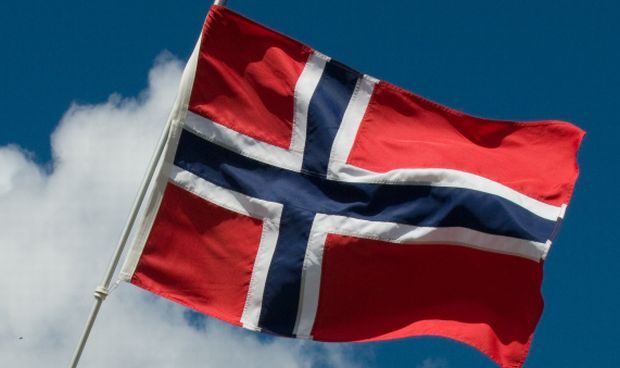
"Norwegian businessmen and politicians are being blackmailed into working for Russia's spy agencies after falling for Cold War-style honey traps involving drink and beautiful women, the country's spy agency has warned," journalist Richard Orange wrote in an article titled "Norwegian politicians falling for Russian honey traps, spy agency warns," published by The Telegraph on November 11.
Arne Christian Haugstoyl, Police Security Service's (PST) section head for counter-intelligence, told national broadcaster NRK that his agency had information that several prominent Norwegians had been targeted.
"We have received reports of Norwegian citizens who have been blackmailed to deliver information to Russian authorities," he said. "This is an alarming development that we must become more aware of."
In a previous interview with NRK, Mr Haugstoyl described how Russian agents used a variety of time-tested techniques to recruit sources.
"It can be anything from honeytraps, which you've heard of. You may have drunk a lot of alcohol. The thing with lady friends — if you are not in a situation where that should happen, there may be pressure afterwards if it's documented."
This summer, Tor André Johnsen, an MP with the Progress Party, the junior partner in Norway's ruling coalition, received a warning from PST about his informal relationships with officials in the Russian embassy.
According to Norway's state broadcaster NRK, several other Norwegian MPs have since been interviewed by PST about their contacts with Russians, although none were willing either to be named or to discuss the reasons for PST's interest.
Andrey Kulikov, a press attaché at the Russian embassy in Oslo rejected the accusation that his country was blackmailing Norwegians.
"These allegations are scandalous and nothing but lies," he told the Telegraph in an email.
Tensions have been growing between Norway and its powerful eastern neighbor since Russia's annexation of Crimea last year, with the Norway this year announcing it would increase defense spending by half a billion dollars to bolster its military presence in its Arctic north.
Jakub Godzimirski, a professor at the Norwegian Institute of International Affairs specializing in security issues, said he was not surprised at PST's concerns.
"If you look at the history of recruitment, there have been some well-known cases where intimate relationships have been used. It belongs in the tool box in a way, so it should not be surprising to see it used also today."
Haugstoyl said that PST feared there were Norwegians who had already been entrapped and were being used by Russian intelligence.
"We suspect a large 'unknown', because some people will undoubtedly feel the pressure is so large that they will not report it to us or to their employer when they return," he said.
He said that Norwegians had a tendency to be too trusting when travelling abroad.
"We are naive when we are traveling to this kind of country," he said.

